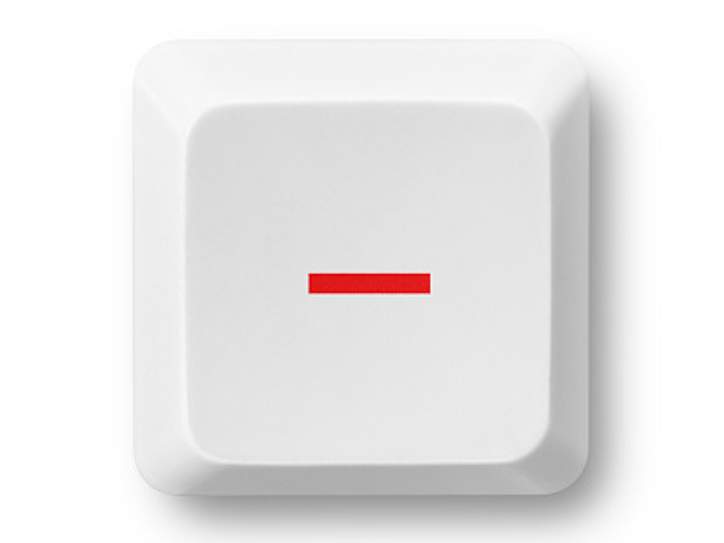BY DAMILOLA AYENI
It is—and I can’t say this enough—hereditary!
Long before ChatGPT, human writers were already doing a fine job abusing the em dash and its British variant. For some, it was a punctuation flex, a way of saying “I read longform.” Five or six em dashes in a single page, where a comma or a pair of parentheses would’ve worked just fine.
I spent a good chunk of my early editorial life confronting those dashes, explaining to reporters that they feel most natural when used to introduce a forceful aside. A sharp interruption, a dramatic pause or a burst of emphasis at the end of a sentence can take the em dash, but these worthy disruptions rarely occur more than twice in a 1,000-word article. Anything more is noise.
Advertisement
Then came ChatGPT, and with it a flood of AI-generated writing that somehow made the problem worse. So trendy was the em dash it corrupted even the literary mind. ChatGPT didn’t invent the em dash obsession. It codified it, industrialised it, and turned it into default style. Like a student who copied not the best in class but the most dramatic, ChatGPT learned to write with flair before it learned to write with restraint.
And that’s the thing about large language models: they don’t distinguish between wisdom and noise. They absorb everything—overwriting, underthinking, faux-literary styling—and remix it with frightening fluency. The result? Paragraphs that gesture at depth, punctuated by dashes that promise disruption but deliver nothing. Which brings me to the truly unsettling part.
If AI has learned the worst habits of insecure writers and mimics them with charm and precision, what happens when we start trusting it as a creative partner? Because we are increasingly doing so. Writers use AI to clean up drafts. Editors feed it rough outlines. Students treat it like a co-author. What many of us don’t realise is that the machine’s knowledge of writing is drawn not from a canon of excellence but from a flood of commonness. It knows what people often write, not what they ought to write. It reflects what has been popular, not what has been careful.
Advertisement
So what happens when creativity is guided not by instinct or originality or even error but by the average of everything we’ve already said? We may be entering a future where style becomes more polished, more symmetrical but less meaningful, where we outsource not just our grammar but our voice, where creativity doesn’t die but gets diluted, subtly, steadily, until everything reads like everything else.
The danger isn’t that AI writes like a bad writer. It’s that people might start thinking bad writing is what good writing looks like.
To be clear, I don’t hate the em dash. In fact, when it’s earned, I love it. There’s something unmistakably alive about a sentence that can’t wait to complete itself. Used well, the em dash is voice. It’s breath. It’s the syntax of emphasis:
It is—and I can’t say this enough—hereditary!
Advertisement
Look at the last sentence again. Moments like that deserve the em dash. They thrive on it. But those moments are rare, just like real shock or genuine wit, or a sentence that simply couldn’t have been written another way. Em dashes should be used the way a chef uses spice, to intensify a distinct flavour, and not the way students use fragrances during exams to disguise the smell of unwatched armpits. They should feel like a disruption in thought. When the em dash starts feeling decorative, it’s time to reach for a comma, parentheses, semicolon, colon or even a period.
These days, I only edit myself. But I can already imagine the challenge of editing people and their machines. I can tell when a paragraph was massaged by AI, when it’s too balanced, too eager to impress, too packed with transitions and perfectly timed emphasis. Sometimes AI overcorrects, trimming nuance in favour of clarity, flattening eccentricity in the name of flow. And the em dashes? Oh, they’re still there. Sometimes sprinkled in like salt, sometimes poured on like gravy. But now I find myself asking a new question: Was this the writer’s instinct or the algorithm’s suggestion?
This is the new editorial burden. It’s no longer just about clarity or logic or style. It’s about preserving voice in a world where imitation has never been easier. It’s about reminding writers that good writing is not just about sounding right.
The future of writing will not be shaped solely by AI. It will be shaped by how we allow it to define what’s good. And that, I suppose, is why I still fight the em dash war.
Advertisement
Damilola Ayeni, the former editor of the Foundation for Investigative Journalism (FIJ), writes at the intersection of memory, justice and technology. He can be contacted via [email protected]
Advertisement
Views expressed by contributors are strictly personal and not of TheCable.












